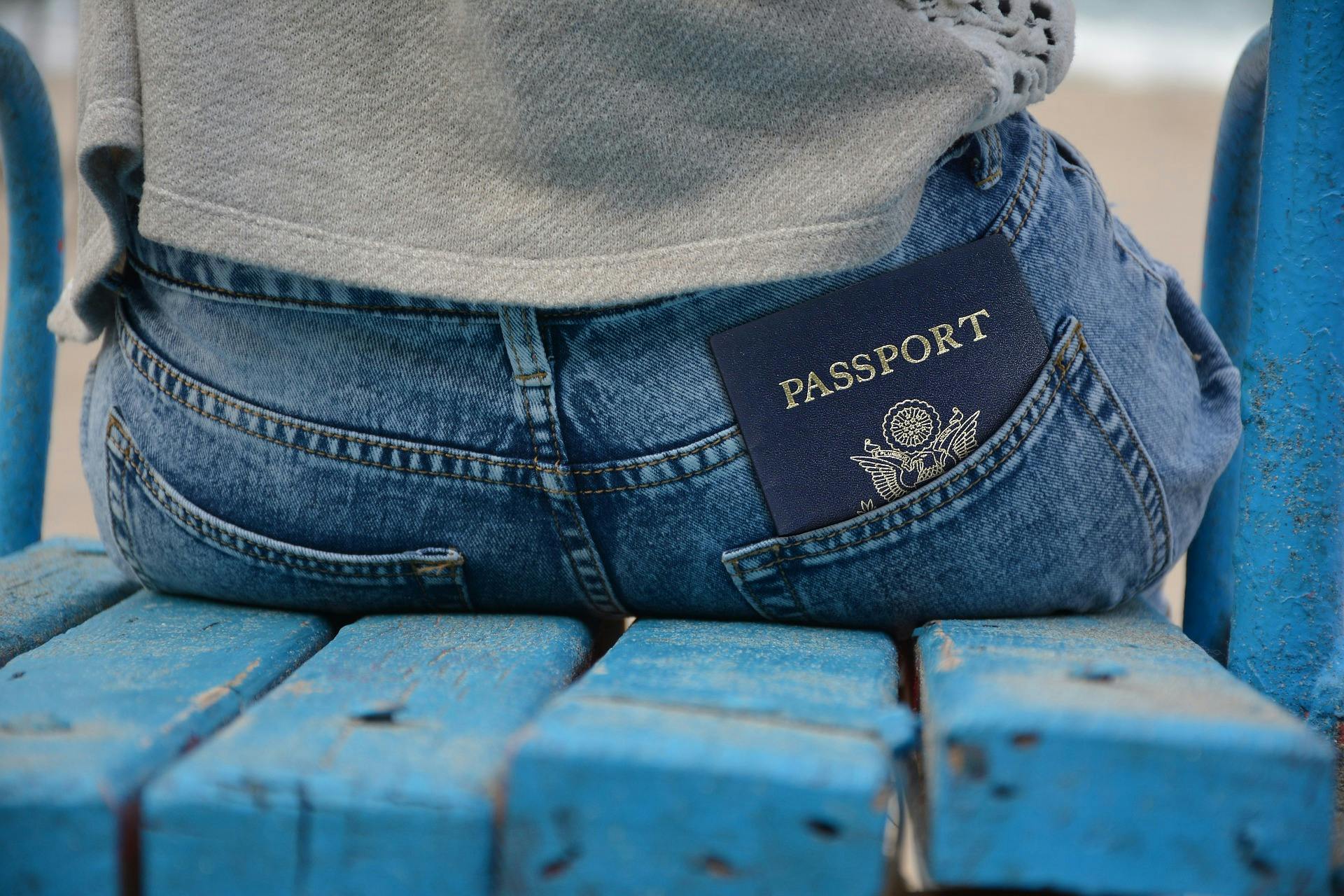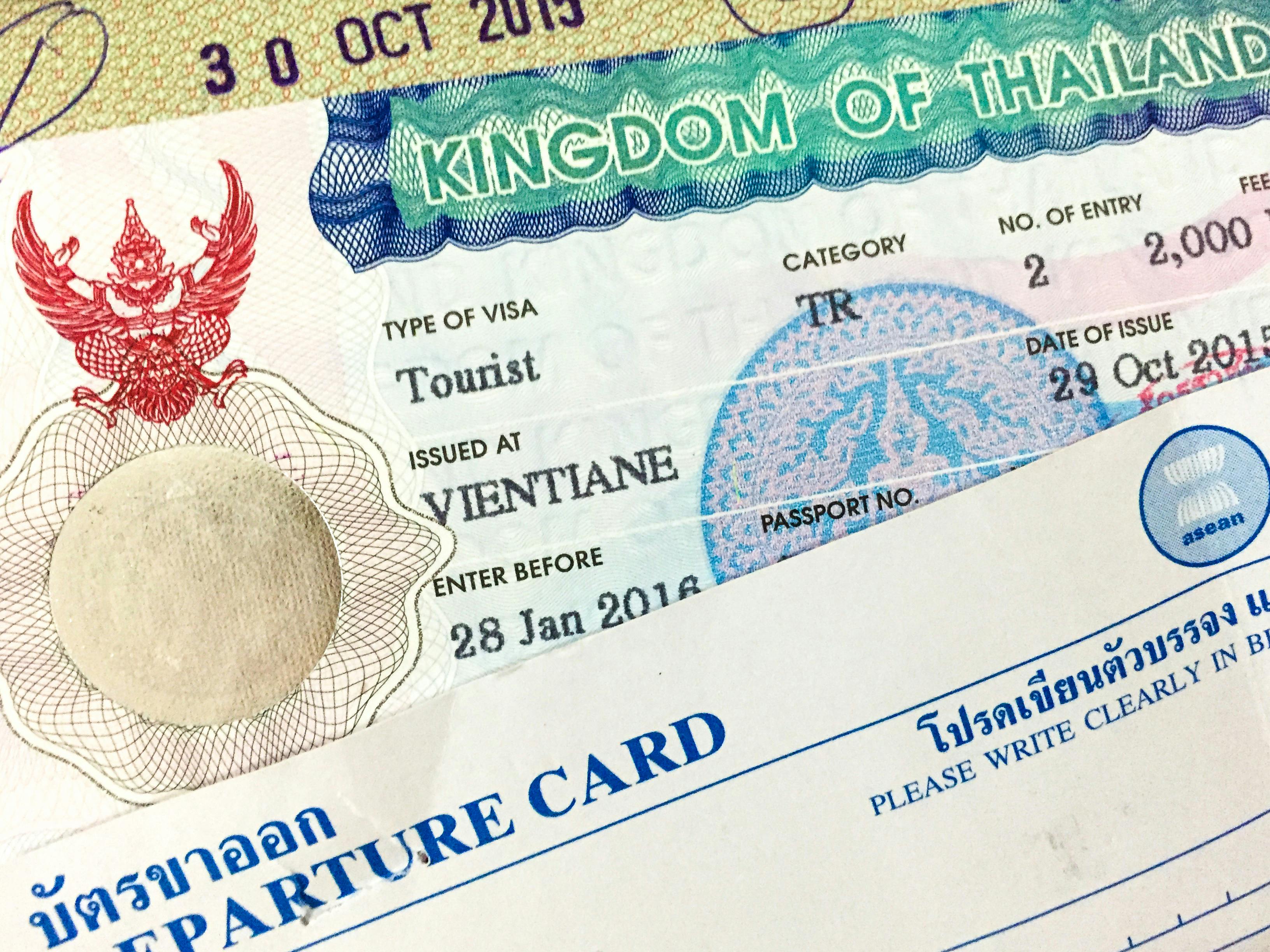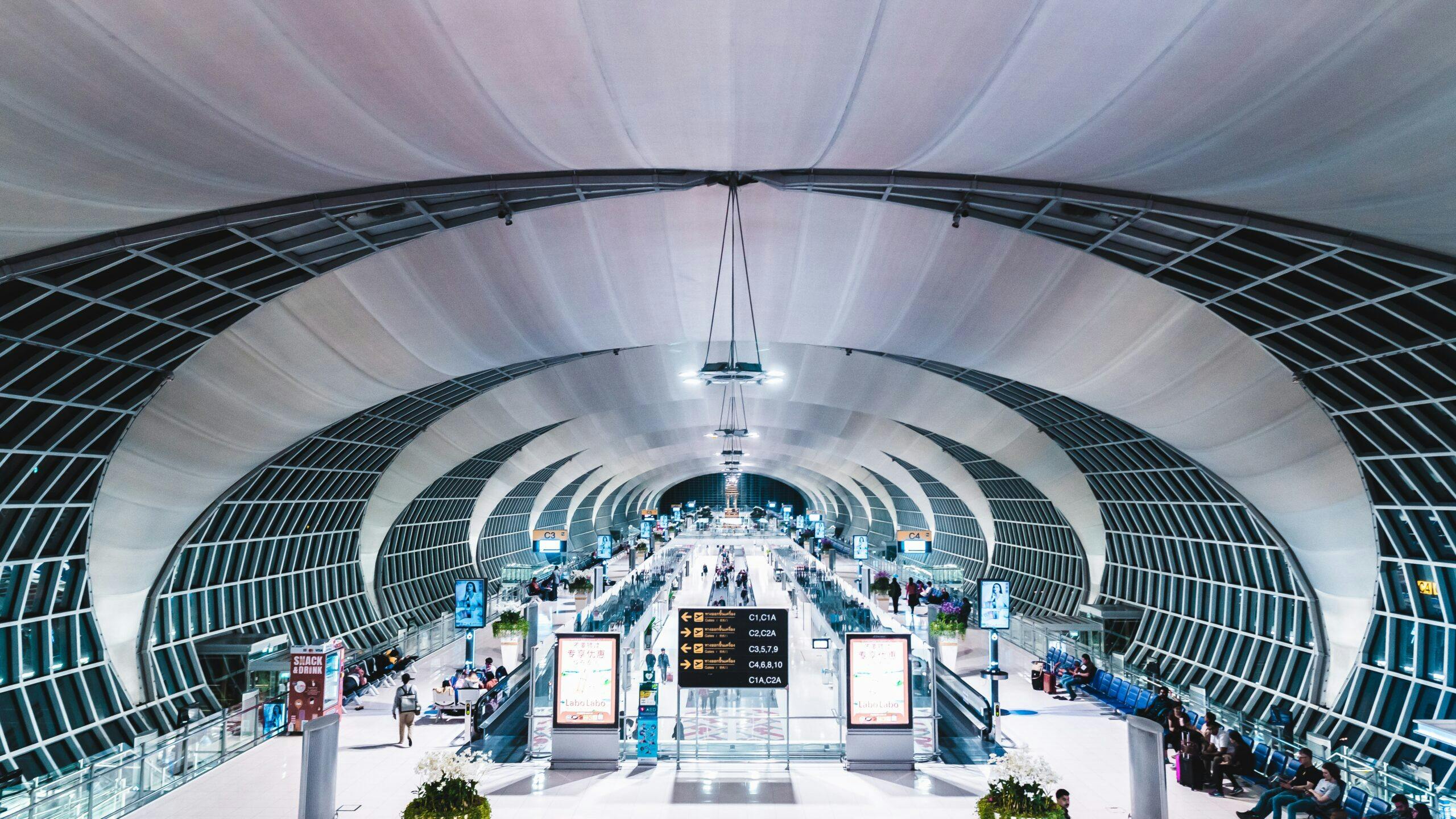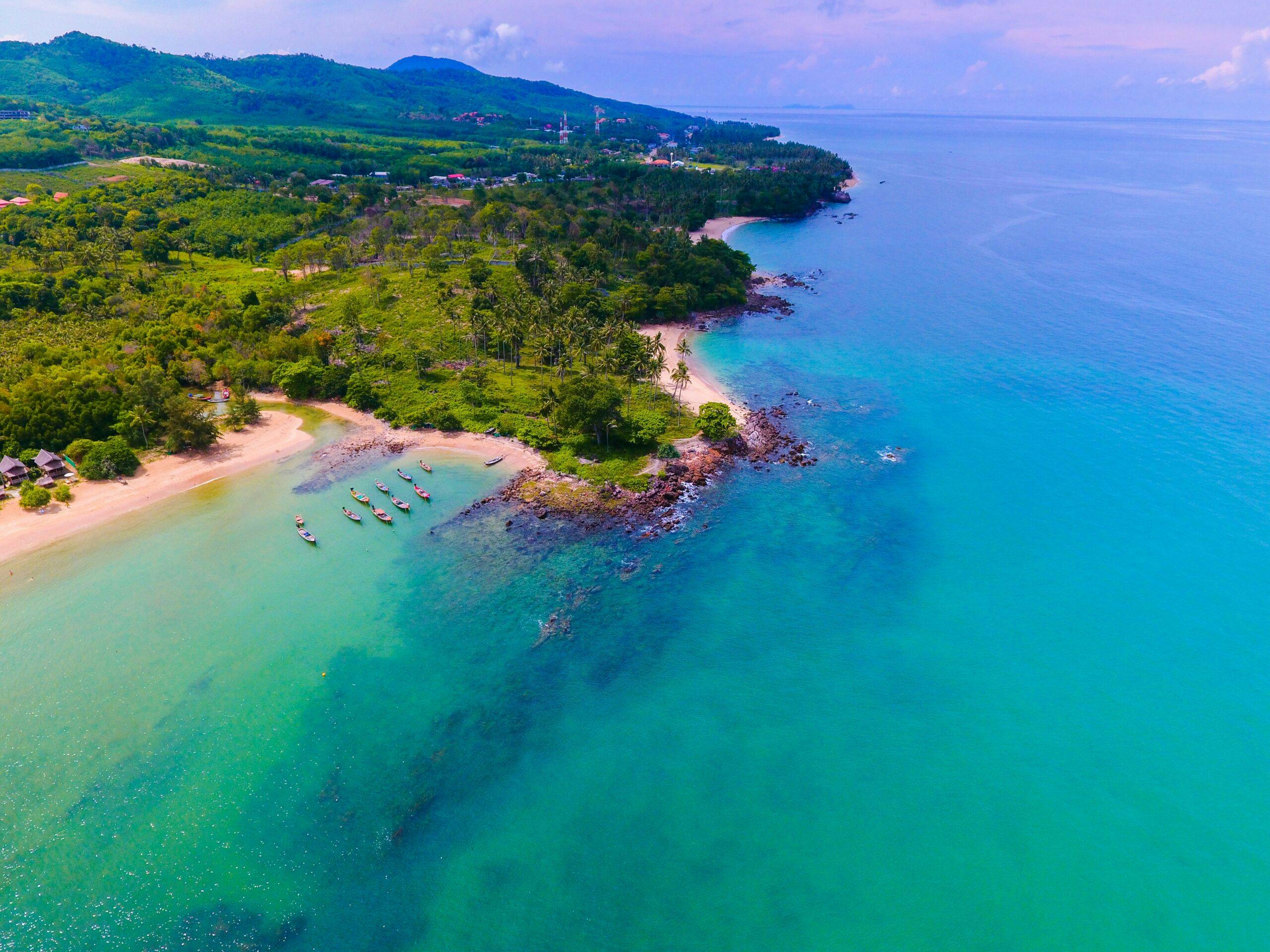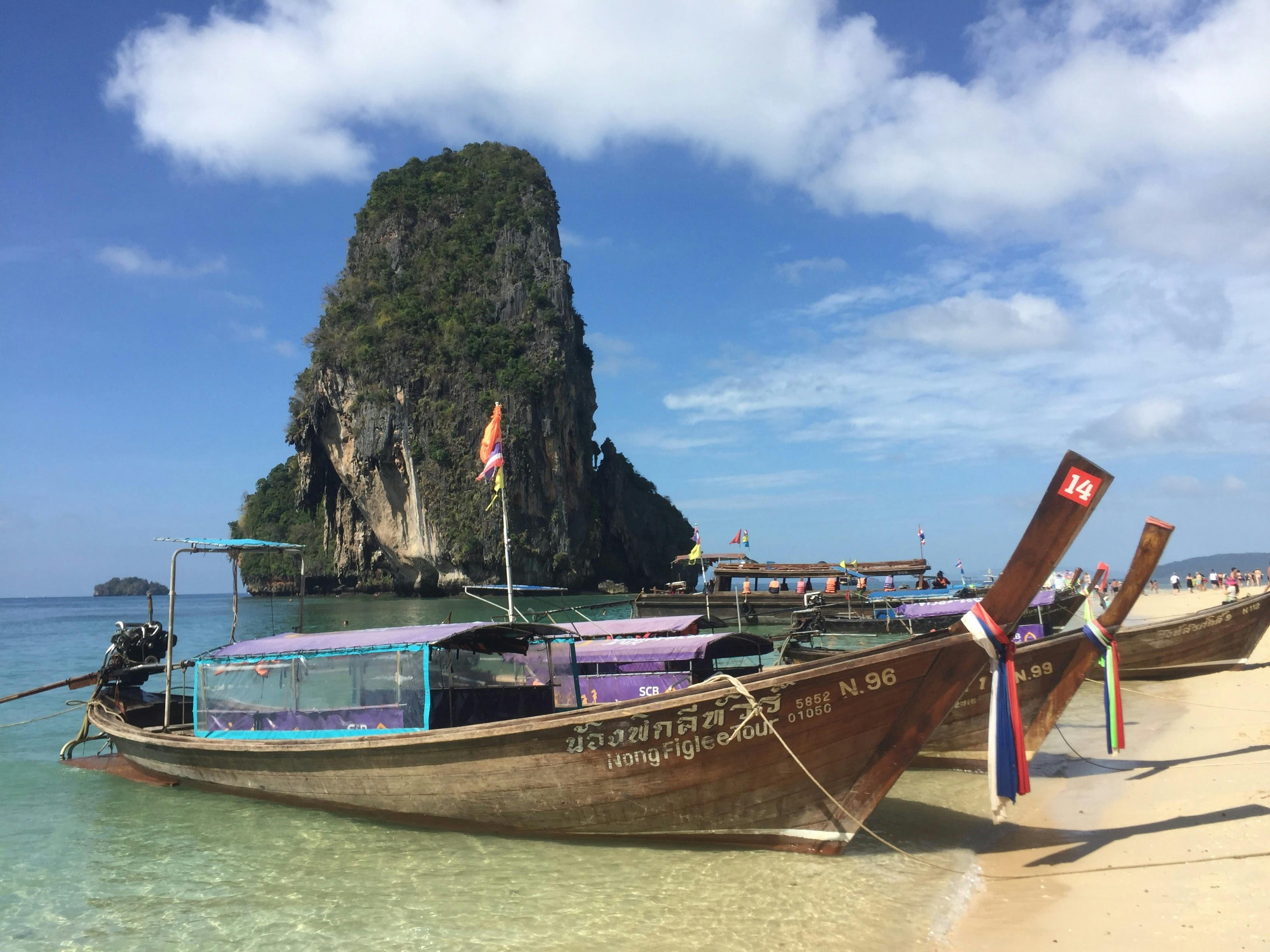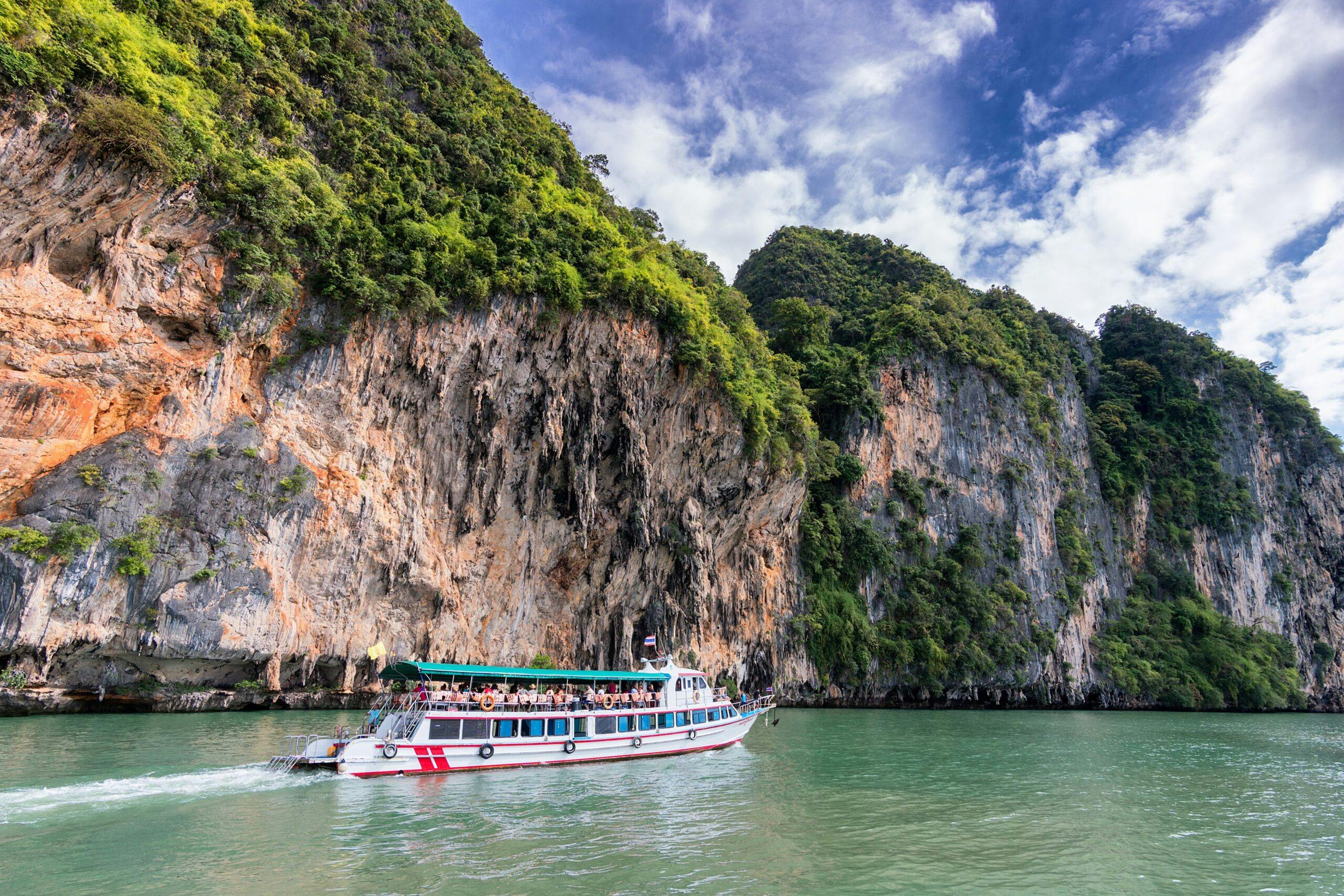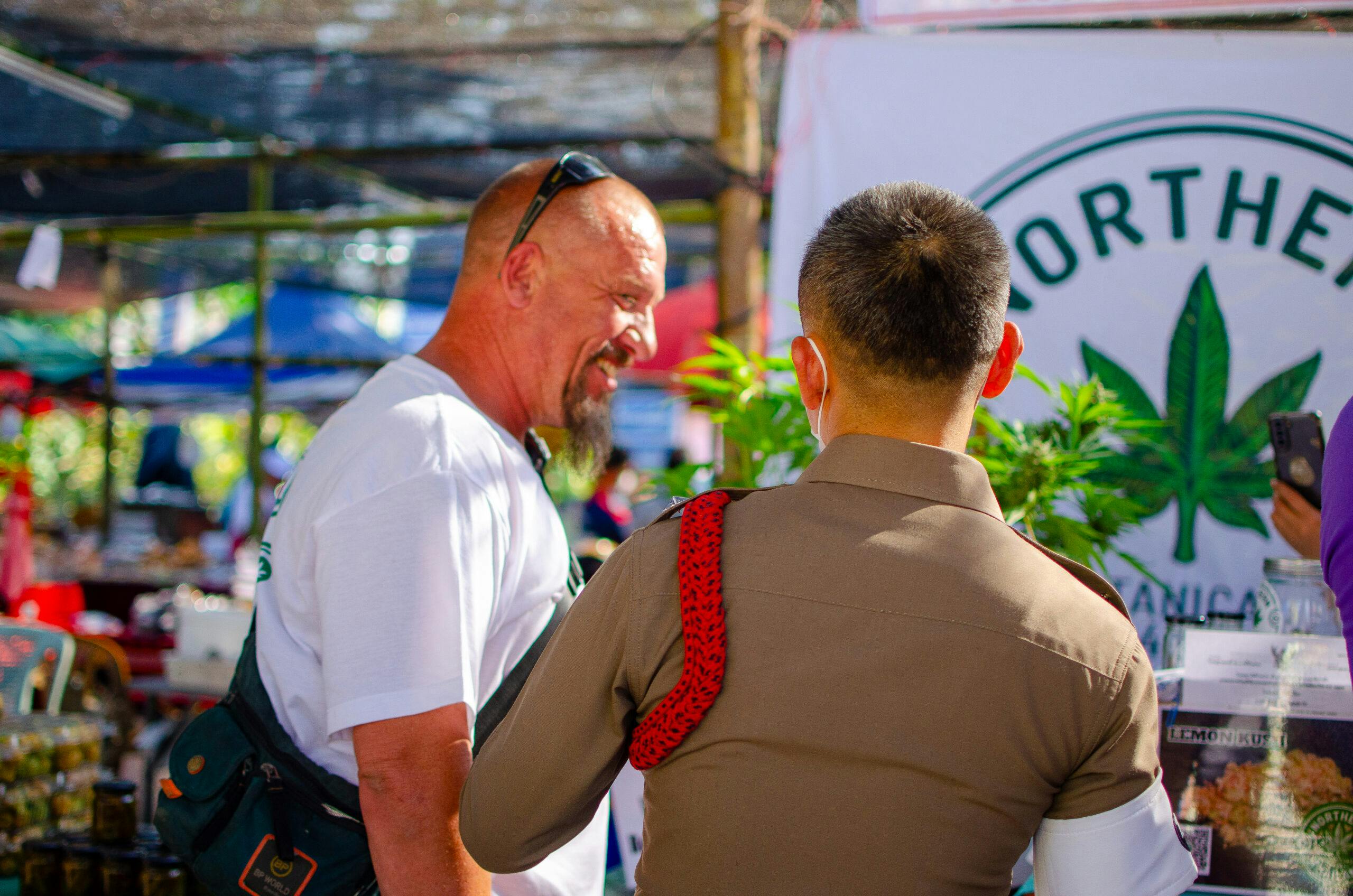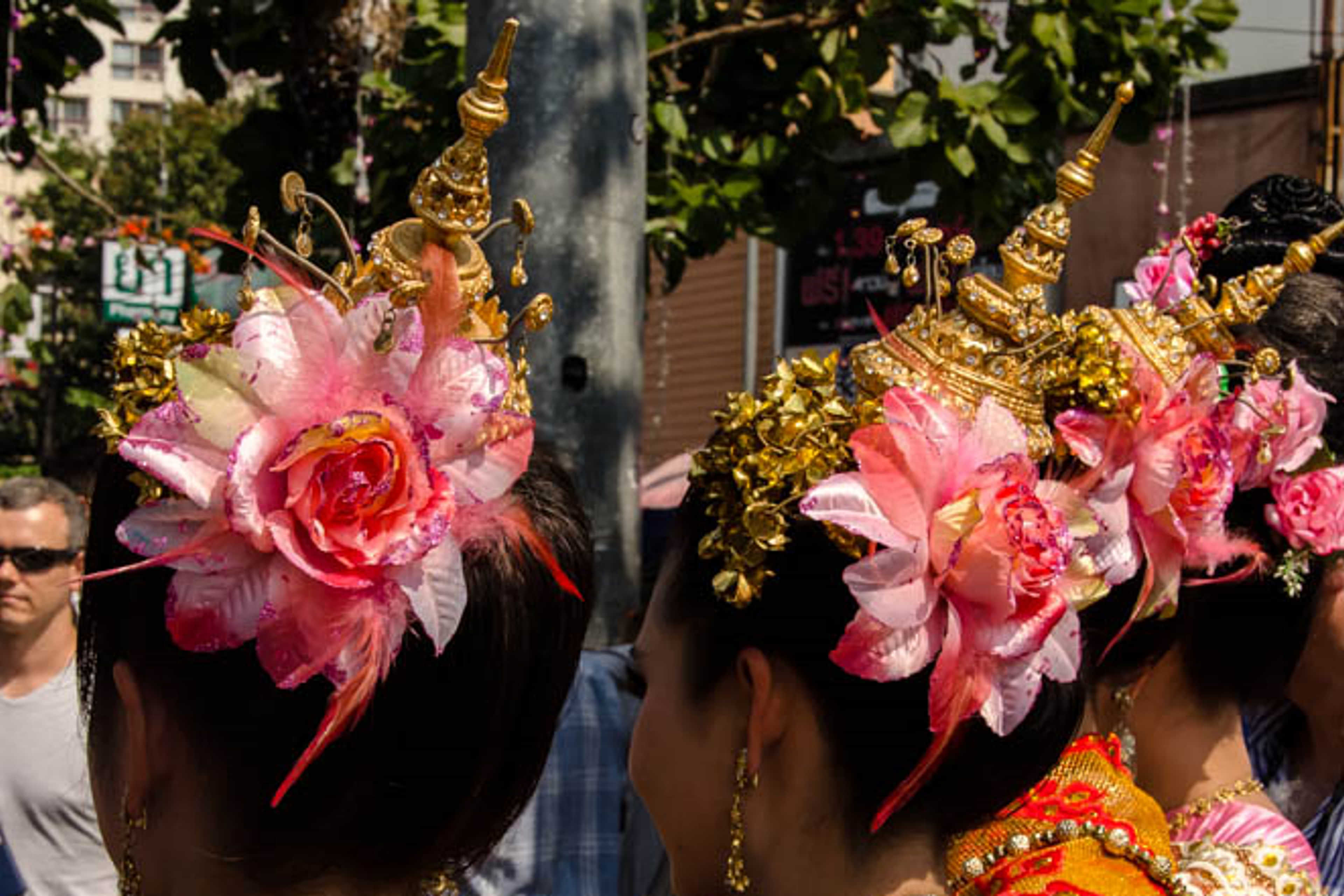
Travel
Visas to Thailand: Basic information worth knowing
Destinations
Joanna Horanin
Hi, I'm Joanna, the author of The Blond Travels. In the worlds of Thailand and Portugal, I feel like a fish in water - and it's no coincidence! I've been exploring Thailand for over a decade, and I've settled in Portugal for 6 years now. My mission is to support Dreamers - just like you - in discovering these fascinating countries and helping those in love with them find their own place on Earth, preferably for good! Let's uncover these unique corners of the world together.
Visas to Thailand – a subject that’s really complicated and really broad. At the thought of it every expat gets a bit nervous. When I lived in Thailand, every year, I would spend 8 hours since 4am queuing up to the immigration office to extend my annual visa and swearing at the Thai visa system. Having the right to stay here requires you to have the right visa and it’s really crucial you remember about it. So, I decided to put it all together in one post, so you have an idea which visa you need and how to apply for it.
A visa exemption – The right to enter Thailand
If you are going to Thailand for only 30 days or less, then you won’t need to apply for a visa. On the plane you will be required to fill out a form. You will need to give some basic information – your personal details as well as the address of the hotel where you’ll be staying. If you are backpacking, don’t have the right address, or you will be staying somewhere for only a day or two at first, don’t worry. Find a hotel online and write the address of it on the form. If you don’t have a return flight, you can find one that goes back to your country and put the number on the form, too.
Travellers who cross the border overland have the right to stay for up to 15 days.
If you are planning to stay in Thailand for longer than 30 days, apply for a visa at your local Thai embassy.
It’s possible to stay in Thailand after your visa, or the visa exemption expires. It costs 500 Euros per day, but be aware that there’s a limit and if you stay for too long, you will be forbidden to enter the country again.
Tourist visas
There are two options of tourist visas to Thailand: a multiple entry visa, valid for 6 months and a one-entry visa, valid for 3 months.
The 3-month visa allows to you enter Thailand once. You must leave the country every 30 days until the visa expires. Just before that date, you can extend it for another 30 days in the immigration office in Thailand.
Tourists and expats often like to bend the rules, or use some loopholes when it comes to different tourist visas. That’s why so called ‘visa runs’ are so popular here. For example, if you are in Chiang Mai, you can catch a mini van to the border with Myanmar, there you can spend a few hours on the ‘no-man’s land’, cross the border again and get a new stamp in your passport. However, be aware that this is frown upon in Thailand and you might be in trouble if you do it too many times. After the last coup, the immigration rules became stricter and it’s better not to try visa runs.
Non-immigrant visas
These are long-term visas given to teachers, or people who have the right to work in Thailand, or are volunteering.
Getting a non-immigrant visa is not easy and it’s better to have some help of someone who knows Thai. Most of the time, extending the visa every year is done by your employer. All documents are in Thai and it’s quite a pile of papers. If you have a non-immigrant visa, you will be required to do a 90-day reporting. If you want to leave the country and not to lose your visa, you need to inform the immigration office and pay 1000 Baht. If you want to renew your visa every year, you will have to pay 6000 Baht.
At the beginning of my stay in Chiang Mai I had a non-immigrant visa for 12 months and I had to do a visa run every 3 months. At my school they changed it and after that I only had to do 90-day reporting.
Education visa
Education visa is similar to non-immigrant visa. This one is normally used by digital nomads. You can get it if you learn Thai in Thailand. No wonder that the country is full of fake schools, which take your money and give you a slip of paper to show at the immigration office. The cost of a course is around 20,000 Baht plus the visa costs.
Please note that the rules of ed visa are changing all the time and it might not be so easy to get it anymore.
Elite Visa
This is a visa that not everyone can afford, but it gives you a lot of freedom. The basic elite visa allows you to stay in Thailand for 5 years. The most expensive options gives you the right to stay for 20 years. You can also include your family and your spouse.
It’s a good option to consider if you have the funds and if you really want to stay in the country for longer.
Long-term resident visa
LTR is a special non-immigrant visa, which allows you to stay in Thailand for 10 years. This visa has special regulations and is mostly for people earning more than 80,000 USD per year, or investors willing to invest in Thailand around 100,000 USD or more.
Navigating Thai visa system is not easy. Above options are only those that are the most common. If you are unsure of which one is for you, contact your Thai embassy. They are always willing to help out.
